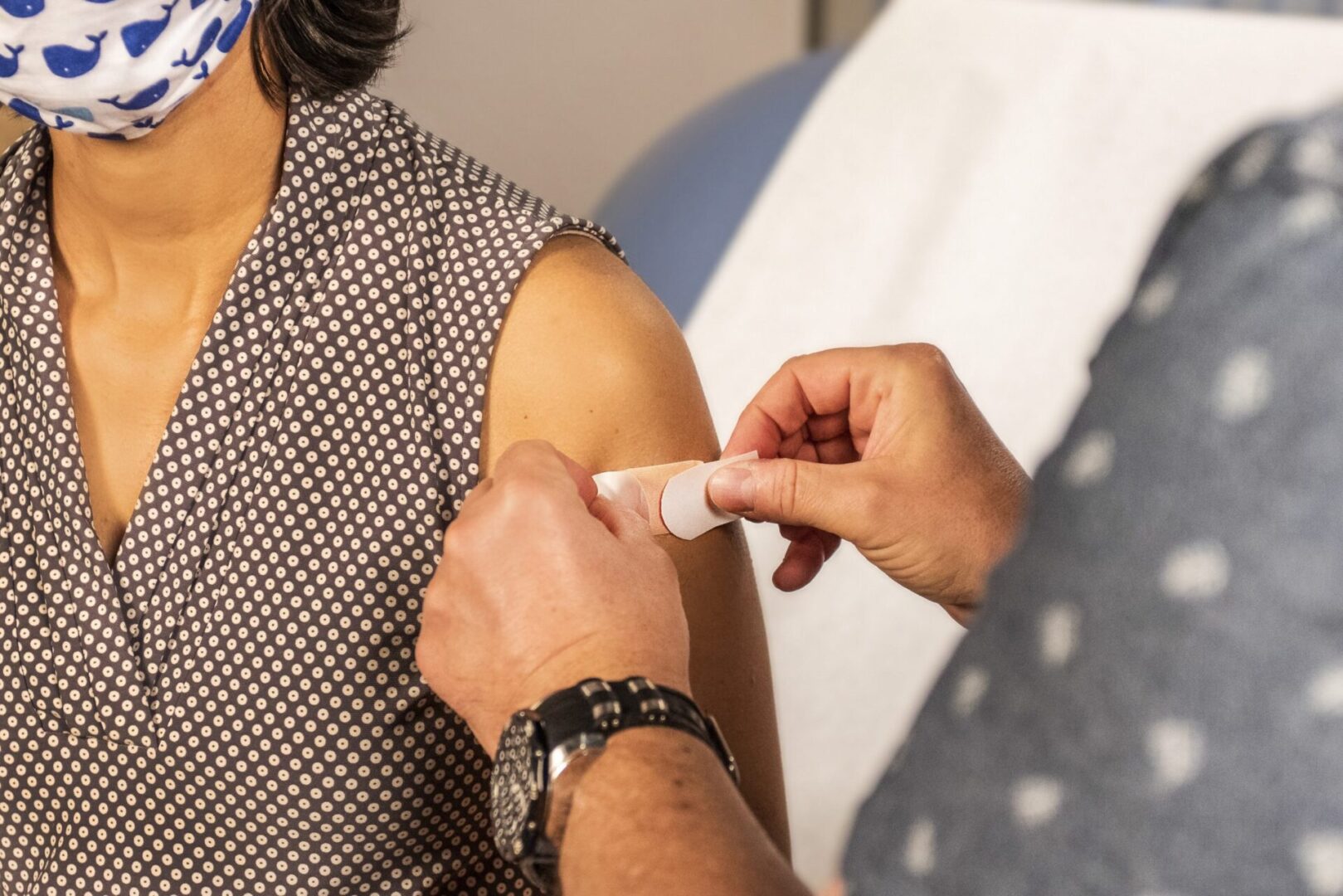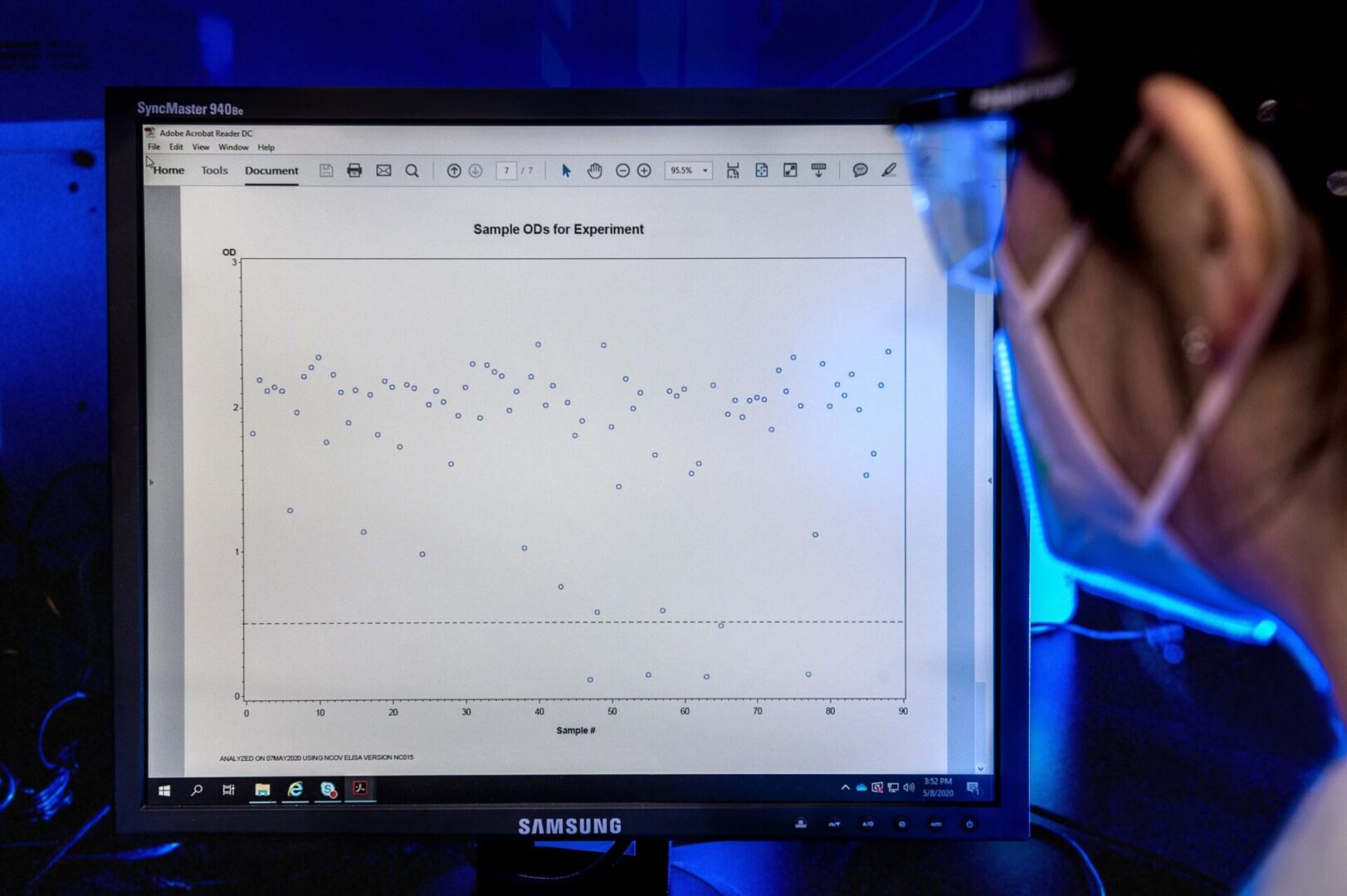Why Is Every Death After a COVID-19 Vaccine Investigated?
NOTE: Updated December 20, 2021.
Public health organizations take vaccine safety very seriously — and for good reason. We get vaccinated to prevent deaths. So when deaths are reported after a COVID-19 vaccine, public health officials investigate. We’re constantly looking for safety concerns related to vaccines to ensure the benefits of vaccination continue to outweigh the risks. Here’s how it’s done.
Have People Died After Getting the COVID-19 Vaccine?
 Yes, but nearly all of the deaths reported post-vaccination were found to be caused by something else entirely.
Yes, but nearly all of the deaths reported post-vaccination were found to be caused by something else entirely.
As of December 13, 2021, there have been 10,483 reports of death following the COVID-19 vaccine reported to the Centers for Disease Control and Prevention (CDC). That might seem like a lot, but it’s important to keep it in perspective. Over 485 million COVID vaccines have been given in the U.S. That means only 0.000021% of doses have been linked to a death report. Meanwhile, COVID-19 itself kills about 1.59% of confirmed cases. In all, the United States has lost over 800,000 people to COVID.
Even so, just because something is reported after vaccination doesn’t mean the vaccine was the cause. Remember, many of the early doses of COVID-19 vaccines went to individuals who were at high risk for the virus because of their age or medical conditions — two factors that, unfortunately, also put them at a higher risk for dying from other causes.
In fact, almost none of the deaths reported after COVID vaccines were determined to be caused by the vaccine. How do we know this? Because health officials investigate every single death reported.
What Happens When Someone Dies After Getting a COVID Vaccine?
Vaccines have to go through a lot of testing to prove that they’re safe enough to use in the U.S., but that doesn’t mean health officials automatically assume a vaccine is 100% safe after it’s authorized. Multiple monitoring systems work together to verify vaccines are safe and work like they’re supposed to. Even vaccines on the market since the 1960s continue to go through the same safety testing and reporting processes as more recently approved vaccines. So when a death happens in the U.S. following vaccination — even if that death happens weeks or months later — it’s reported to the CDC through the Vaccine Adverse Event Reporting System (or VAERS).
And it’s not just doctors who report deaths. Anyone can report anything that happens after vaccination into VAERS. You don’t even have to think that the vaccine caused it. It’s a purposefully open system, which is why VAERS reports alone shouldn’t be taken as proof that a vaccine caused anything, including a death.
When someone reports a death following COVID-19 vaccination into VAERS, health officials start to investigate to see whether the vaccine might have played a role in the death. They track down more information like medical records, an autopsy report, a death certificate, etc., and doctors at the CDC and Food and Drug Administration (FDA) review the reports.

But these investigations aren’t the only way researchers look for red flags related to a vaccine.
Public health professionals also use the Vaccine Safety Datalink — a collaboration between the CDC and healthcare organizations — to proactively compare the health records of vaccinated vs. unvaccinated individuals to see if those who got a particular vaccine were more likely to have something happen than those who didn’t. If there’s a question or concern about a vaccine, researchers use VSD to study it further in a way that VAERS can’t.
These kinds of investigations have already helped make vaccine recommendations safer.
How Reports Help Make Vaccines Safer
Just like people can have life-threatening allergies to peanuts or penicillin, people can have a serious allergic reaction to a vaccine or vaccine ingredient. It’s extremely rare, but it can happen.
A report published in early 2021 found that about 2.5-4.7 serious allergic reactions (known as anaphylaxis) happened for every 1 million doses of COVID-19 vaccines given in the U.S. Some of those were serious enough that people had to be treated in the hospital, though none of them resulted in death.
Those early reports of anaphylaxis, however, prompted health officials to investigate further and expand their recommendations to protect people from serious allergic reactions in the future. They also updated their clinical guidance to help healthcare providers better manage reactions when they happen.
Everyone wants vaccines to be as safe as possible. That is why public health professionals never take safety for granted. The research so far on COVID vaccines is very reassuring, especially when compared to the heartbreaking toll of 520,000+ lives lost to COVID-19. Vaccines are an important tool in our toolbox to end the pandemic, along with wearing masks and keeping our physical distance.
That said, it’s natural to have questions. If you want to find out more about what research has shown so far about COVID-19 vaccines, including how they work and what the side effects are, check out Vaccinate Your Family’s science-based COVID Vaccine FAQ.